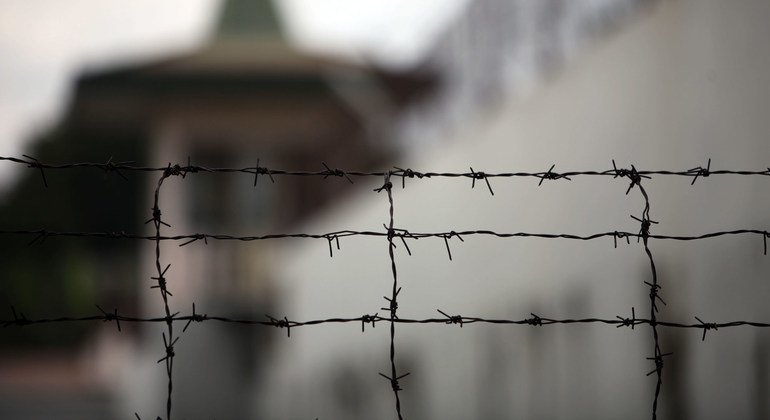
A grim first
“There is an absence of proof that it deters crime, and it creates an unacceptable risk of executing innocent people,” she said. “Rather than inventing new ways to implement capital punishment, we urge all States to put in place a moratorium on its use, as a step towards universal abolition.”
“Alabama already sought to execute Smith unsuccessfully by lethal injection in 2022. Smith also has ongoing proceedings in federal court against his upcoming execution which have not been finally resolved,” she added. “Smith has also advanced, with expert evidence, that such an execution by gas asphyxiation, in his case, risks particular pain and suffering,” she said.
No prior sedation
Expressing OHCHR’s serious concern, Ms. Shamdasani said the execution could breach international treaties on civil rights and the prohibition of torture and other cruel, inhuman or degrading treatment or punishment. Kenneth Eugene Smith was convicted of murder in 1988 and is scheduled to be executed on 25 January in the southern state of Alabama.OHCHR Spokesperson Ravina Shamdasani said Smith’s execution could amount to torture or other cruel, inhuman or degrading treatment or punishment under international human rights law. “The UN human rights office calls on Alabama state authorities to halt Smith’s execution, scheduled for 25-26 January, and to refrain from taking steps towards any other executions in this manner,” she said, speaking in Geneva.
End capital punishment
“The American Veterinary Medical Association recommends giving even large animals a sedative when being euthanized in this manner,” she said.